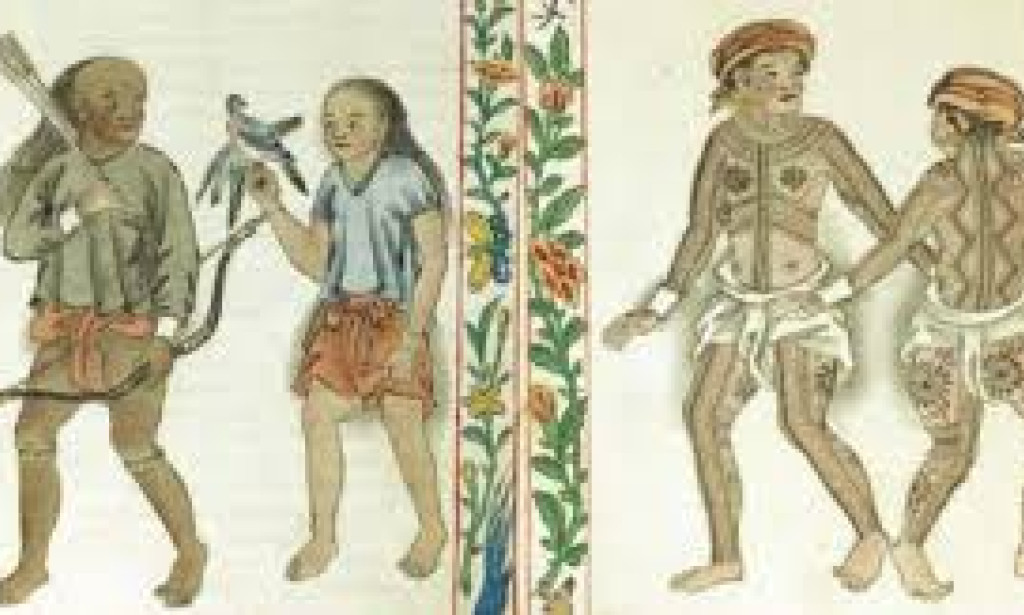The pre-colonial era holds a significant place in the history of the Philippines. It encompasses the rich and diverse cultural heritage that existed prior to the arrival of foreign powers. While the colonial period has shaped much of the nation's identity, it is equally important for Filipinos to delve into their pre-colonial past. By understanding and appreciating this era, Filipinos can gain a deeper sense of their roots, cultural identity, and heritage. This article explores the reasons why learning about the pre-colonial era is crucial for Filipinos today.
Preserving Cultural Identity:
Studying the pre-colonial era allows Filipinos to reconnect with their ancestral heritage and preserve their unique cultural identity. By exploring the traditions, customs, and beliefs of their ancestors, Filipinos can gain a stronger sense of self and pride in their cultural roots. It fosters a sense of belonging and helps to counterbalance the influences of globalization and homogenization.
Understanding Indigenous Knowledge Systems:
The pre-colonial era was characterized by a wealth of indigenous knowledge systems, encompassing various fields such as agriculture, medicine, navigation, and governance. By learning about these systems, Filipinos can tap into the wisdom and practices that were once integral to their ancestors' lives. This knowledge can be valuable in addressing contemporary challenges, promoting sustainable practices, and preserving the environment.
Appreciating Cultural Diversity:
The pre-colonial era in the Philippines was marked by remarkable cultural diversity, with various ethno-linguistic groups inhabiting different regions. Each group had its own distinct traditions, languages, and artistic expressions. By studying this era, Filipinos can develop a greater appreciation for the rich tapestry of cultures that existed before external influences reshaped the landscape. It promotes tolerance, respect, and understanding among different Filipino communities.
Reclaiming History and Narratives:
Colonialism often distorted or marginalized indigenous history and narratives, leading to the erasure or misrepresentation of the pre-colonial era. By actively learning and researching about this period, Filipinos can reclaim their history and narratives, ensuring that their voices and experiences are heard. It allows for a more balanced and accurate understanding of the nation's past and challenges the dominant colonial perspectives.
Inspiring Cultural Revival:
Studying the pre-colonial era can serve as a catalyst for cultural revival and reclamation. It sparks interest in traditional arts, crafts, music, and dance forms that were once prevalent. By reviving and celebrating these cultural expressions, Filipinos can ensure that they continue to thrive and pass them on to future generations. This revitalization not only preserves cultural heritage but also becomes a source of pride and economic opportunity.
Conclusion:
Learning about the pre-colonial era is essential for Filipinos to reconnect with their ancestral heritage, preserve cultural identity, and appreciate the diverse cultural tapestry of the country. It enables the exploration of indigenous knowledge systems and fosters a deeper understanding of history, challenging colonial narratives. By embracing their pre-colonial past, Filipinos can celebrate their cultural richness and contribute to a more inclusive and diverse society.

You must be logged in to post a comment.